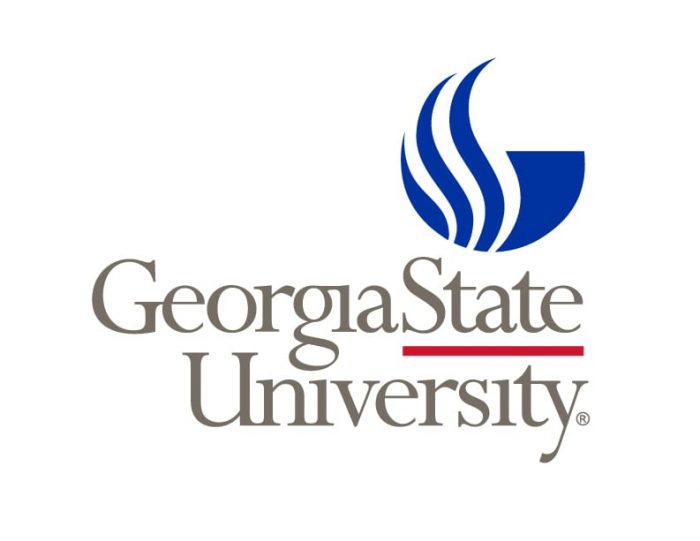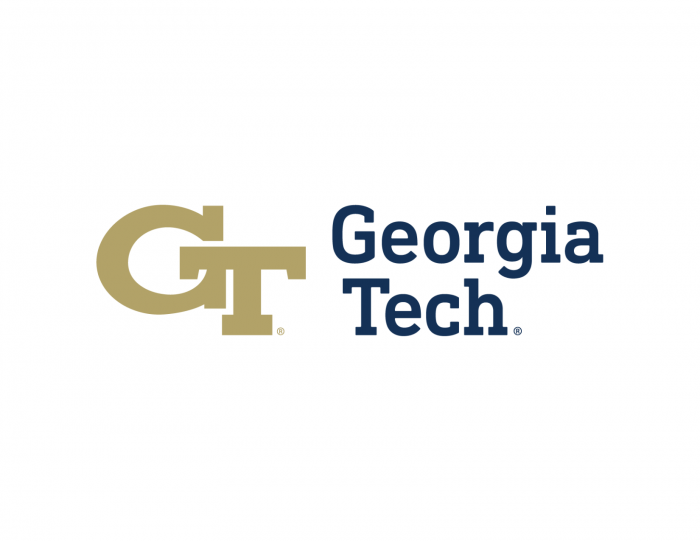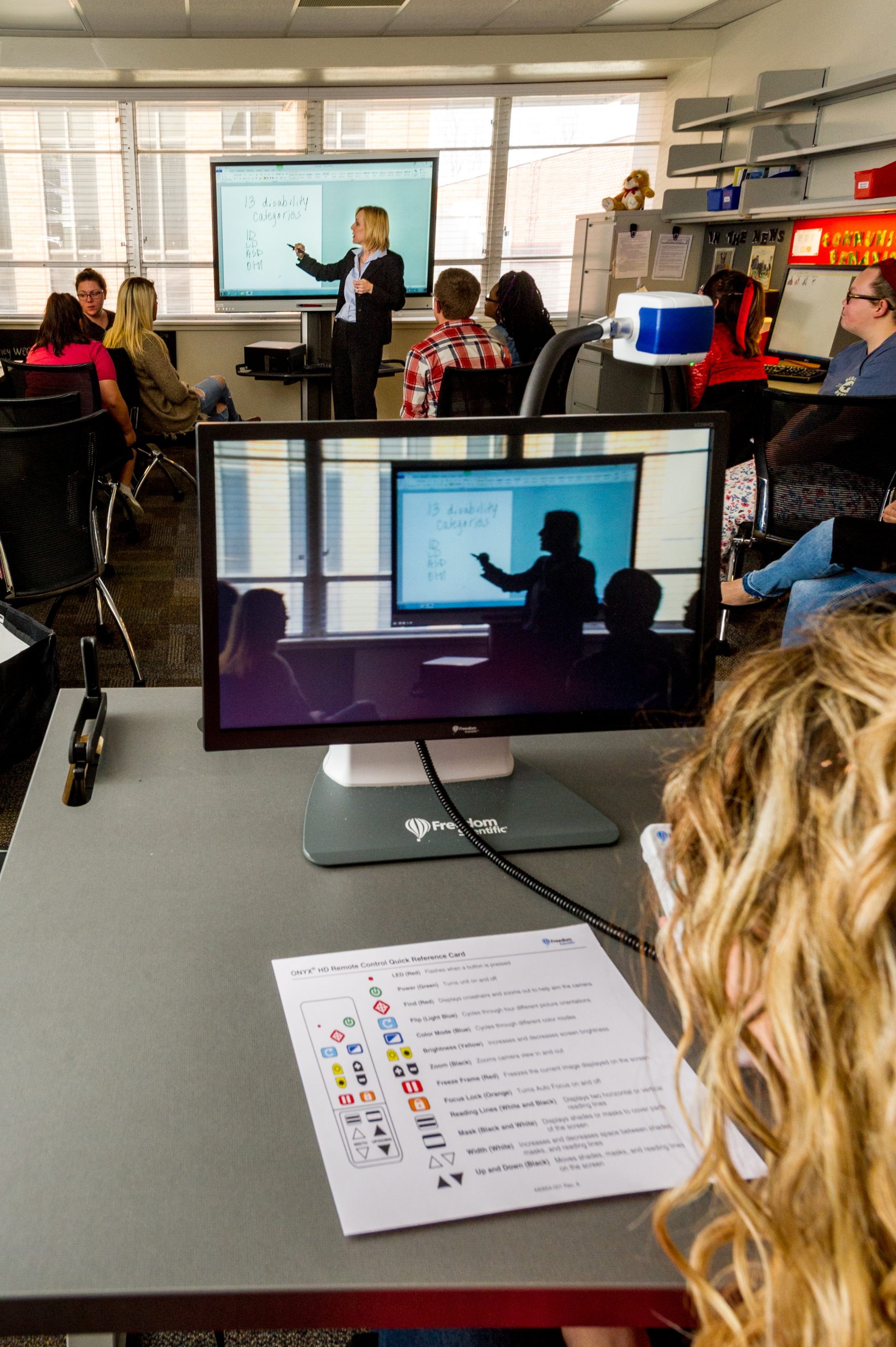
Augmentative and Alternative Communication
Communication for All
This project aims to assist people who have speech difficulties or impairments due to developmental or acquired disorders. These people often rely on Augmentative and Alternative Communication (AAC) devices, which allow them to select letters, images, words or sentences that are then spoken aloud. However, the communication speed of AAC users is much lower than that of non-AAC users.
Abstract
The AAC Workplace Corpus project is a unique initiative that aims to improve the communication and productivity of workers who use augmentative and alternative communication (AAC) devices. AAC devices are tools that help people with speech impairments or disabilities to express themselves by selecting letters, images, words or sentences that are then spoken aloud. The project involves collecting and analyzing over 200 hours of workplace communication between eight people, four of whom use AAC devices and four who do not. The corpus is the first resource of its kind that allows researchers to systematically study the typical language patterns of both AAC users and comparable non-AAC users in the workplace. This kind of research will be crucial to guide future developments in AAC technology for workplace applications. The project is led by Dr. Pickering, who curated a parallel corpus of AAC device users and non-users.
Featured Publications
This chapter overviews the work that has been done using corpora to research augmentative and alternative communication (AAC) users' discourse in the workplace and other relevant work that helps researchers understand the reality of the experiences of AAC users in their work environment. According to The American Speech-Language-Hearing Association, an AAC system is “an integrated group of components, including the symbols, aids, strategies, and techniques used by individuals to enhance . The system serves to supplement any gestural, spoken, and/or written communication abilities”. One important focus of research on AAC has included users' real-time interactions and communication in workplace contexts. In order to compare the speech produced by AAC users while using their devices and vocalizing, researchers have extracted three sub-corpora from the AAC and non-AAC workplace corpus (ANAWC). The ANAWC is a specialized corpus focusing on AAC users' and non-AAC users' talk in the workplace.
Augmentative and Alternative Communication (AAC) is an umbrella term used to describe a range of strategies and technologies designed for people with complex communication needs as the result of a developmental disorder such as cerebral palsy or an acquired or degenerative neurological condition such as traumatic brain injury or amyotrophic lateral sclerosis (ALS). All of these conditions can cause dysarthria or difficult or unclear articulation of speech in people who have no mental impairment.
This paper presents an overview of the Augmentative and Alternative Communication (AAC) and Non-AAC Workplace Corpus (ANAWC) (Pickering & Bruce, 2009). The corpus is the first resource of its kind that makes it possible to systematically study the typical language patterns of both AAC users and comparable non-AAC users in the workplace. We discuss the origin of the corpus and give an account of the methodology used for its collection and transcription. We also introduce several publications that demonstrate the novel quantitative and quantitative findings that can be generated on the basis of the corpora. This kind of research will be crucial to guide future developments in AAC development for workplace applications.
Partnerships and Grants
The AAC Workplace Corpus project is a collaborative project between the Applied Linguistics Laboratory and the Center for Assistive Technology & Environmental Access (CATEA) at Georgia Institute of Technology. Early stages of this multi-phased project have been funded by a grant from Georgia State University.
Research Team
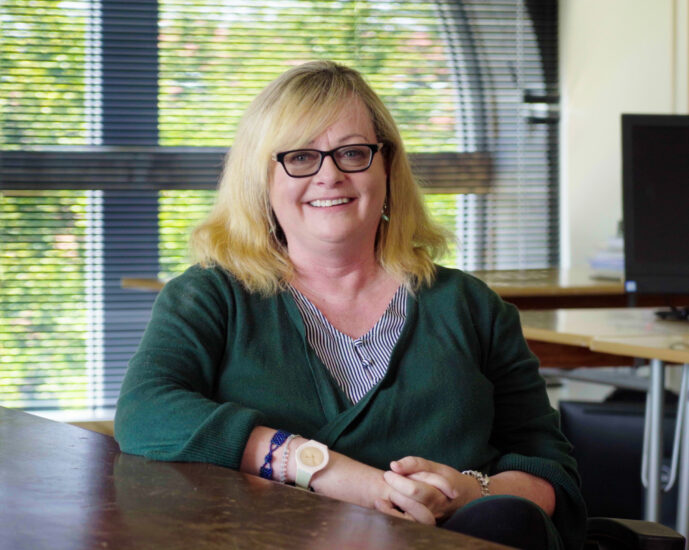

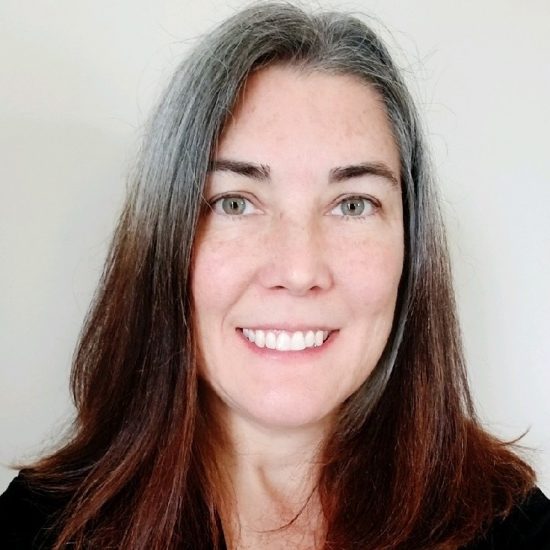
Contact Us
- Applied Linguistics Lab
- 903.886.5980
- [email protected]
- Talbot Hall Rm 307
- P.O. Box 3011, Commerce, TX 75429-3011



 Abstract
Abstract